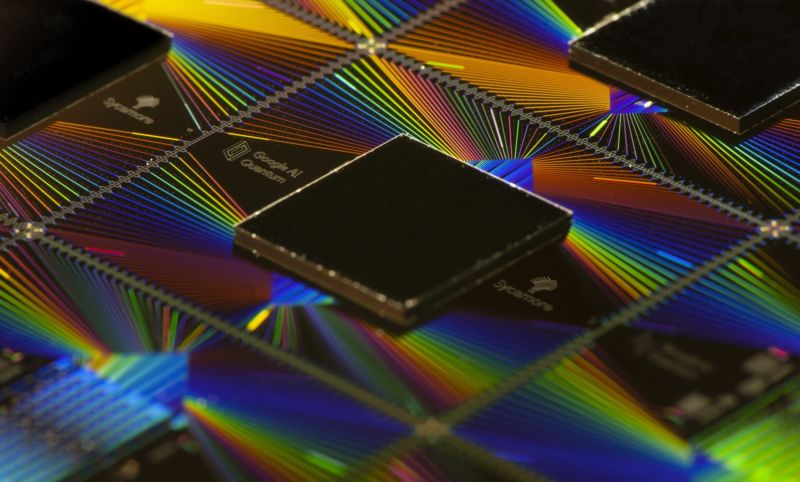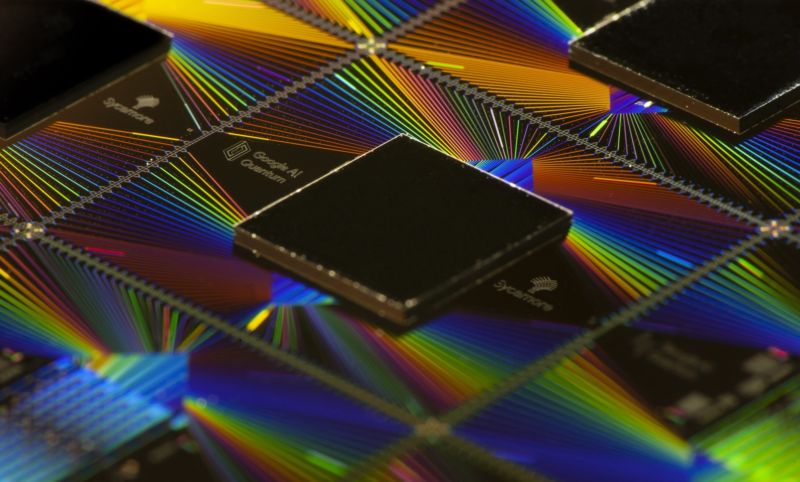
Recently, when researchers were testing error correction on Google’s quantum processor, they noted an odd phenomenon where the whole error-correction scheme would sporadically fail badly. They chalked this up to background radiation, a combination of cosmic rays and the occasional decay of a naturally occurring radioactive isotope.
It seemed like a bit of an amusing aside at the time—Google having accidentally paid for an extremely expensive cosmic ray detector. But the people behind the processor took the problem very seriously and are back with a new paper that details exactly how the radiation affects the qubits. And they conclude that the problems caused by cosmic rays happen often enough to keep error-corrected quantum computations from working unless we figure out a way to limit the rays’ impact.
It’s a shame about the rays
Cosmic rays and radioactivity cause problems for classical computing hardware as well. That’s because classical computers rely on moving and storing charges, and cosmic rays can induce charges when they impact a material. Qubits, in contrast, store information in the form of the quantum state of an object—in the case of Google’s processor, a loop of superconducting wire linked to a resonator. Cosmic rays affect these, too, but the mechanism is completely different.





